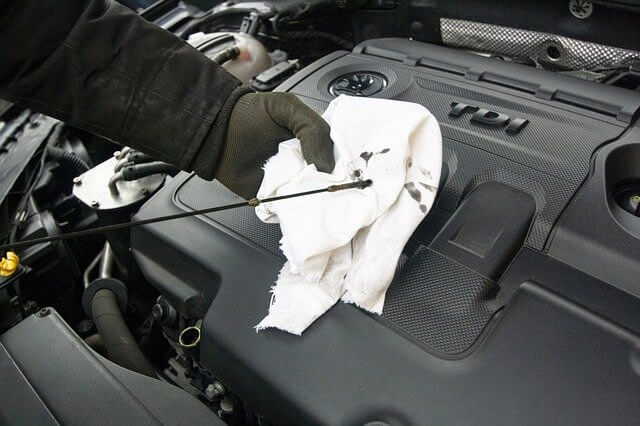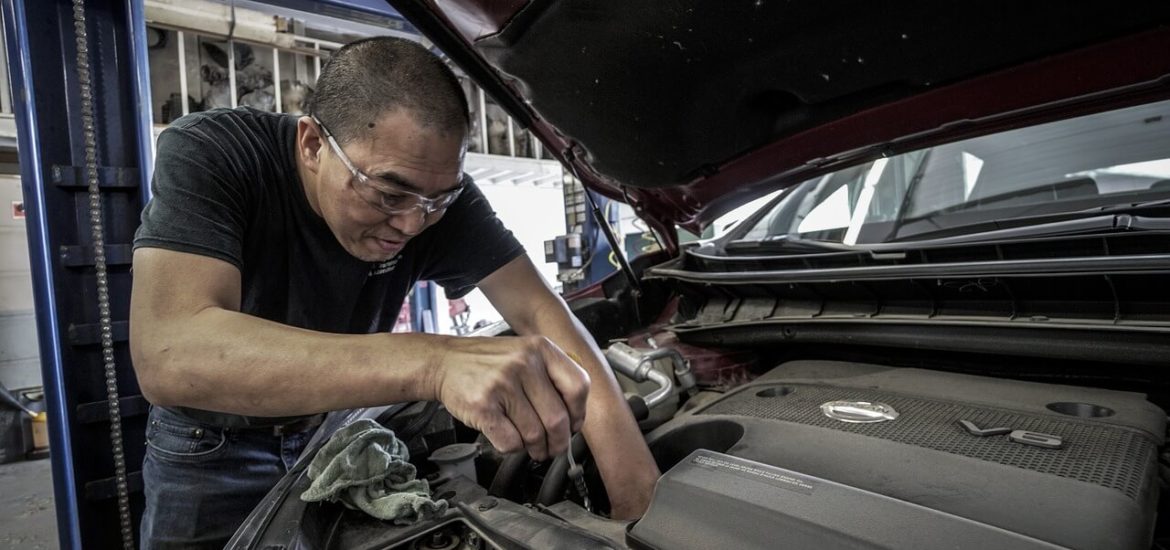The outbreak of the coronavirus has to be the most impactful event in recent history, affecting the US economy for many generations with the possibility of bringing more challenges to the automotive industry in the next years to come. And in terms of logistics, the auto supply chain is also crippled as with all the other businesses from different sectors doe to the ongoing lockdown policies.
Even so, car repair companies continue to provide auto care services despite the issues with the shipping of auto parts and supply. So how are they able to do this? How repair companies and I-CAR certified auto shops deal with the supply chain disruption from COVID-19 and maintain the integrity of their businesses?
Get to know more about this as we talk about this topic in today’s entry.
Contingency Planning Is The Key

Since the effects of the coronavirus crisis are expected to linger, at least in the foreseeable future, organizations from different industries must learn to adapt in order to sustain business operations. And this goes the same with I-CAR certified auto shops by developing a COVID-19 contingency plan. This is very crucial so that they’ll be able to maintain exceptional customer service and business integrity amidst all the negativity that’s happening around.
With that being said, here are some ways auto repair companies deal with scary scenarios that can upset auto parts supply chain:
-
Supplier Auditing
Auto shops conduct a risk assessment of their suppliers if they are still capable of satisfying supply orders despite the challenges posed by the ongoing pandemic. To be specific, they perform audits to determine the business continuity plans of both current and potential suppliers as well as their ability to provide critical parts that are often needed during vehicle repair and maintenance.
-
Near-Sourcing
The current situation calls for practical measures to keep the auto shops in business. So as part of the need to adapt, most auto repair companies now deal with auto suppliers that are physically close to their work stations for more efficient parts distribution. This initiative is necessary to lessen delivery lead times and allow the shop owners to physically inspect the supplier’s facility if necessary.
-
Increasing The “Safety Stock”
If budget is not an issue, then some auto shops increase their level of extra auto supply parts to prevent the risk of stock outs. This strategy often works, but as mentioned it can also be costly and prone to obsolescence of auto parts. So avoid uselessness of stocked auto supplies, they based their safety stock according to the projected demands of the customer for the next few months and replenish the stocks again if needed.
-
Reverse Auditing
And lastly, I-CAR certified auto shops also perform reverse auditing to determine the possible loopholes that might distress (and possibly delay) the entire repair process. In other words, they evaluate all possible situations (even the worst possible scenario) to make improvements, set up proper scheduling of jobs, and ensure the reliability of the business until such time that the situation goes back to normal again.
If you’re looking for a reliable Tesla auto repair shop in San Diego, you can visit Amato’s Auto Body for more information.

